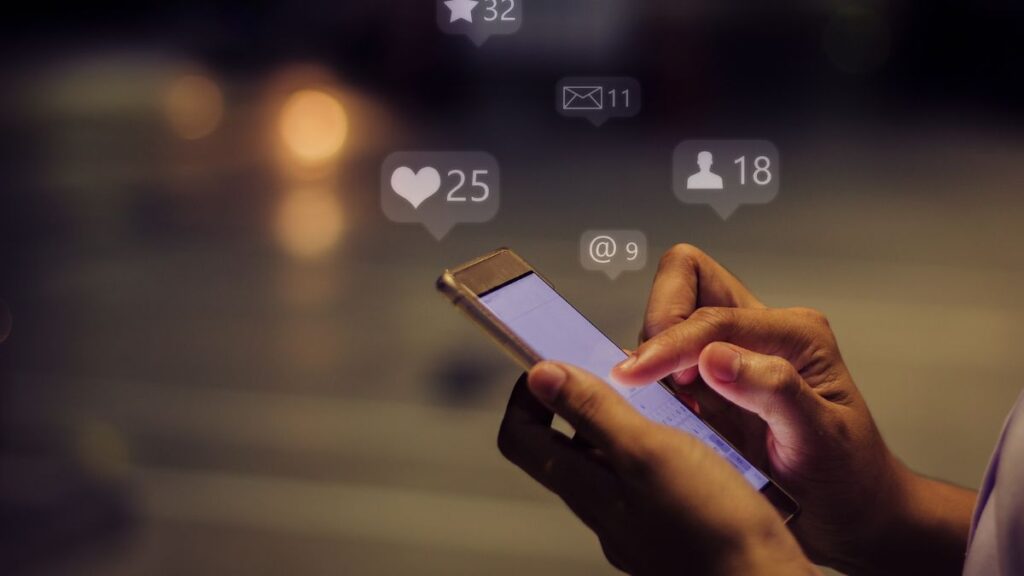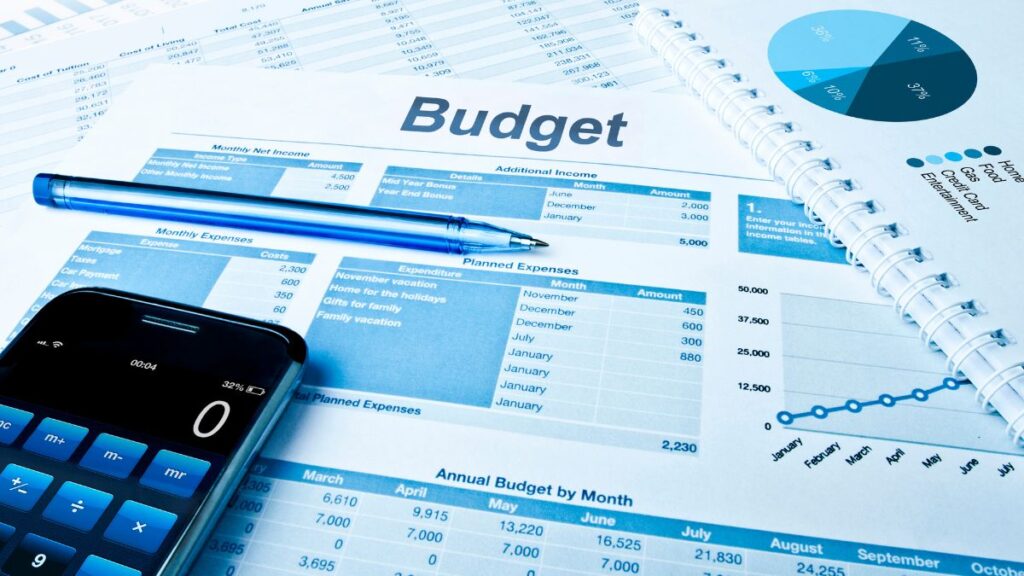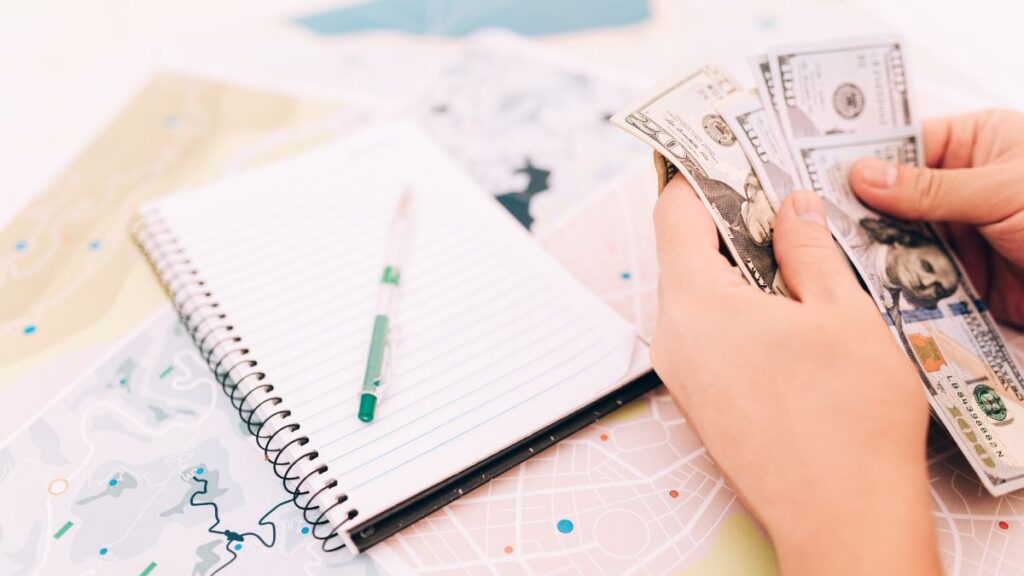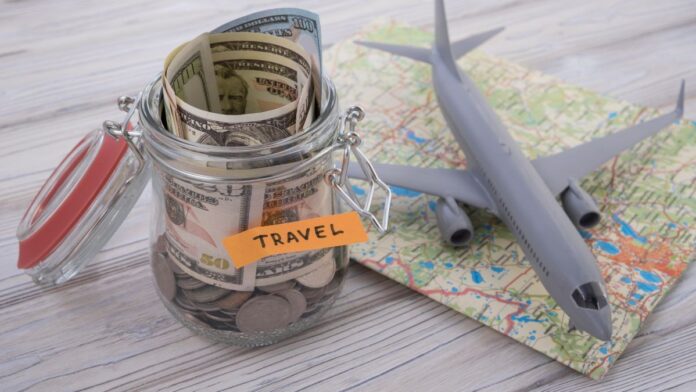Vacations are a high time for emotions both positive and negative. It’s easy to dismiss excessive spending as a method of ‘treating yourself’ – however, a financial article from Huck Mag notes that these ‘quick hit’ spending habits have been a cause of debt for millions of people around the world. And when you’re on vacation, it can be difficult to practice self-discipline. It is said that this was also worsened by the toll of the pandemic on most people. This behaviour can lead to worse habits in the long run, if left unchecked.
According to ‘The Psychology of Spending Money’ by Upgraded Points, some signs of emotional spending include purchases prompted by others, spending money when stressed, and shopping for instant gratification. These are often driven by emotions such as anxiety, jealousy, or even underlying feelings associated with depression. To keep you debt-free and your financial state healthy, here are some steps you can take to break your emotional spending habits while on vacation.
READ MORE: Here’s how to save money on your flight in 2023
Reduce your time on social media

Many people spend a lot of time on social media while travelling for varied purposes. Some do so to post photos, and some do research on restaurants and tourist destinations. However, you need to be aware of how advertisements on social media applications can be used to elicit an emotional response from consumers. This makes you notice, remember, and crave whatever is being advertised. By limiting the time you spend on social media, you not only avoid falling victim to ads – you can also spend more time appreciating the real world.
Optimize your feed
A feature on ‘The Psychology of Advertising’ by The Atlantic highlights that people can be appealed to most effectively through dominating imagery. There are plenty of ways to avoid advertisements and keep the shopping temptation at bay. You can install adblockers on your laptop or mobile browser. If you’re following a lot of accounts that do a lot of sponsored content, it might help to mute them during your trip, or click on the ‘not interested’ button. If you think they are impossible to avoid, practice seeing through ads and their intentions.
Set a fixed budget that works for you


Spending isn’t entirely avoidable, so it’s best to create a budget that’s suitable for you. After all, budgeting is a necessary practice not only when you’re travelling but also in everyday life. During vacations, make sure to create distinctions between your food, transportation, and souvenir allowance, then create an emotional spending budget that will help keep your impulse buying in check. It’s alright to reward yourself once in a while as a form of self-care, as long as it’s not detrimental to your finances. Make it a point to stick to your budget.
Check your finances often


Not checking your finances can give you the illusion of it being the same amount as you last remember it. If you’re an emotional spender, this amount can decrease faster than you can imagine. Checking your wallet and savings account regularly during vacations will help you understand your spending habits and how much you have left to spend. Impulse buyers also often do better when handling physical money, as this gives them, quite literally, a better grasp of the act of gaining and losing finances.
READ MORE: We share 10 tips on how to stop overpacking for your trip
Paying in advance for necessities
CNBC’s post report on debt repayments outlines that only mortgages, car payments, and emergency needs fall into the “needs” category of debts. This means that it’s not smart to take out loans and purchase things on credit when you’re travelling. The best course of action is to plan ahead and save up for all the necessities for your vacation. Moreover, booking in advance for activities, flights, and lodging may even save you some money in the process. From your leftover money, you can determine your budget for recreational spending.
Hopefully, the tips we have outlined in this article will prove to be useful for you the next time you go on a trip. For more travel tips and how-to guides, make sure to check out the rest of our blog here at Travel Wanderlust.


[…] READ MORE: How to break emotional spending habits on vacation […]